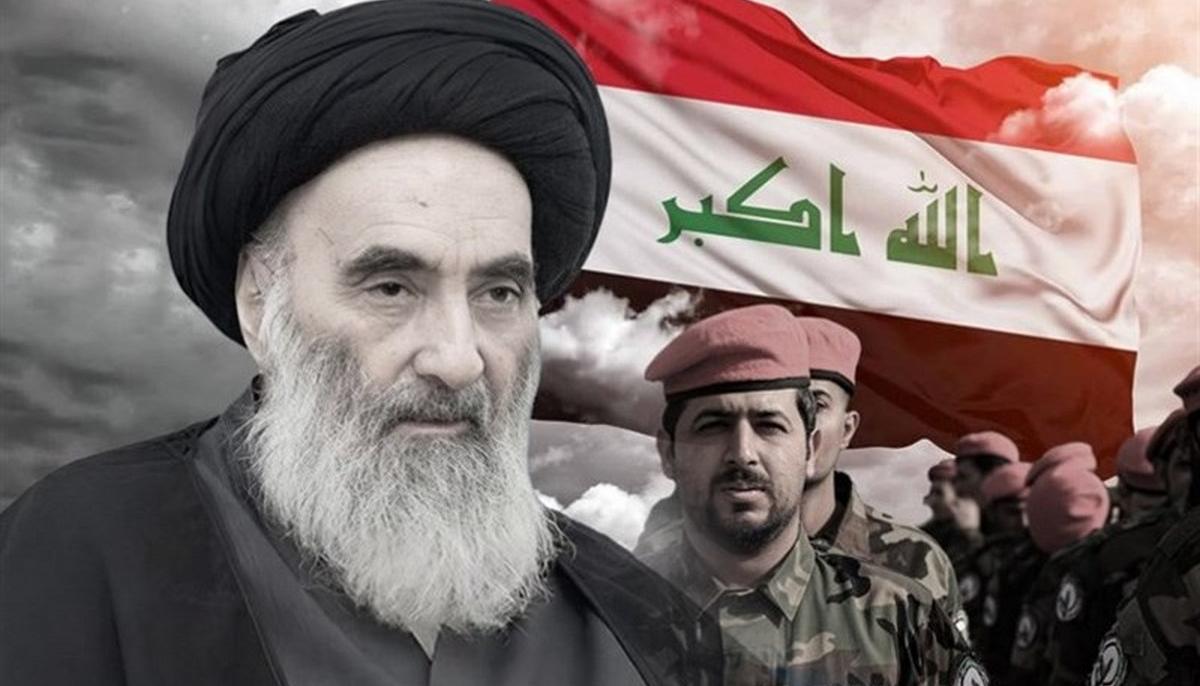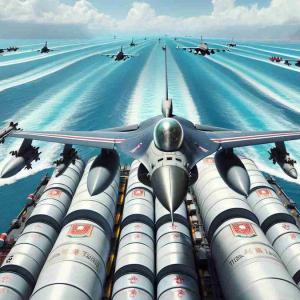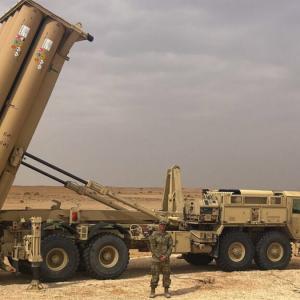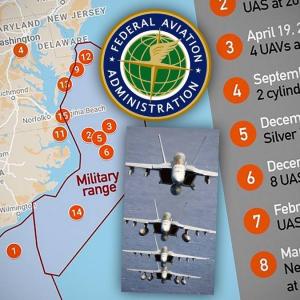The Israeli threat targeting Iraq's highest Shiite authority, Ali al-Sistani, enraged pro-Iranian militias in Iraq, which Israel actually pursued.
Analysts are of the opinion that Israel is trying to provoke the militias, by passing on information regarding the targeting of Al-Sistani, knowing that they are impulsive and will react, although they do not have the tools to allow them to respond significantly to Tel Aviv.
Given the inability to strike Israel, Iraqi militias could attack US troops present in Iraq or Syria and even create a confrontation with US forces stationed in Kuwait or other Gulf states, drawing the United States into the war, which Israel wants .
Analysts rule out that Israel would consider removing Al-Sistani because he is not a war partner in any way, he has not issued a fatwa for jihad against Israel, as he did in 2014 against ISIS, soldier with the formation of the Popular Mobilization Forces and their transformation into a dominant force in Iraq. But the state of obsession and terror within the pro-Iranian militias leads them to adopt measures to protect Al-Sistani.
Iraqi militias allied with Iran are currently in a comfortable position, launching drones and rockets at Israel without hitting their targets, and making this a symbol of heroism to continue to control the Iraqi scene.
The risk of American engagement
There is no doubt that the United States can no longer tolerate the provocations resorted to from time to time by militias by launching missiles at American military or diplomatic locations, and the climate of war that dominates the region may push American troops to direct specific strikes against the militants of Shiite groups , taking advantage of the bank of information they hold about these groups.
The United States has repeatedly responded to the attacks with airstrikes targeting the factions' headquarters in Syria and Iraq, the most violent of which came after three American soldiers were killed in an attack in January that targeted a from the north of Jordan, where they were present.
The United States currently has about 2,500 troops in Iraq and about 900 troops in Syria as part of the international coalition it formed in 2014 to fight ISIS.
On Wednesday, the Iraqi government expressed its categorical rejection of any Israeli violation of the status of the supreme religious authority in the country, referring to Al-Sistani. Iraqi government spokesman Bassem Al-Awadi said: "After the Zionist entity entered into a genocidal war, committed outrageous crimes against humanity and openly practiced murder and aggression in Gaza and Lebanon, it is now the inciting and racist media, in a cheap way, in an attempt to damage the image of the supreme religious authority. The Iraqi government rejects in the strongest terms any damage to the status of our authority, which enjoys the appreciation and respect of the entire Iraqi people, of the Arab and Islamic world and the international community".
Iraqi Prime Minister Muhammad Shiaa Al-Sudani's letter to US President Joe Biden and European Union countries on Monday reflected his fear that war would reach Iraq.
"In light of the dangerous repercussions facing the region, we are sending our message to all friends, especially US President Joe Biden and the countries of the European Union, that we are on the brink of a dangerous and slippery situation that may drag the region and the world into war continue and may shake the global economy," he said.
Al-Sudani knows that Israel is acting to dismantle armed groups hostile to it. As it did with Hamas and Hezbollah, it will expand its activity to hit the Houthi group with greater intensity and effectiveness, with the aim of eliminating military and political leaders, and then in Iraq to pursue militia leaders, their positions of influence and arms smuggling networks through Syria to Hezbollah.
Israel has never mentioned Al-Sistani as one of the possible targets, although a number of its officials have listed all other names as possible targets.
Al-Sistani, born in 1930, is a religious authority for Twelver Shiites and lives in the central Iraqi city of Najaf, which is the center of a group of schools of religious studies called the Najaf Seminary.







